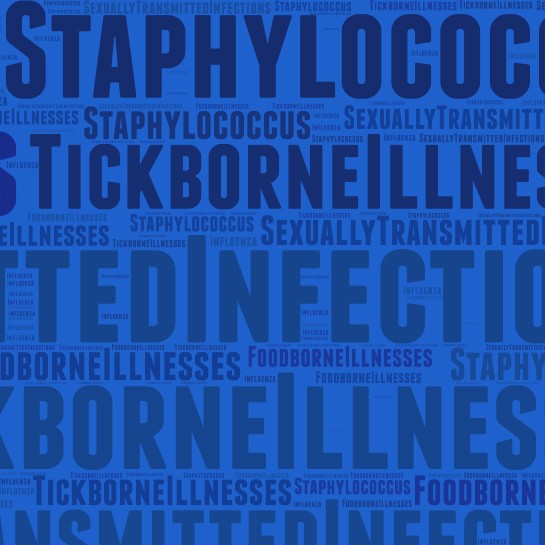Understanding Treatment
for Q Fever
What is Q fever?
Q fever is a bacterial infection that spreads to humans from animals — typically farm animals such as goats, sheep, and cattle. Coxiella burnetii, the bacterium responsible for Q fever, naturally infects these animals in a variety of ways, from the placenta or amniotic fluids to urine and feces, and even the milk of infected animals. The bacterium is often found in barnyard dust particles, which, when inhaled by humans, causes Q fever. Farmers, vets, and animal researchers are at particularly high risk of contracting Q fever.
What are the symptoms of Q fever?
Most of the time, people who have Q fever will never show symptoms. Those who do experience symptoms will begin to notice them between three and 30 days after being exposed to it. Common signs and symptoms of Q fever include a high temperature (up to 105° F), severe headache, fatigue, chills, cough, nausea and vomiting, diarrhea, and sensitivity to light. If you develop these symptoms after spending time with or near farm animals, be sure to go to an ID Care location for examination as soon as possible.
A small percentage of people will experience symptoms that surface years after being infected with Q fever, which can be deadly and damage your heart, liver, brain, and lungs.
How does ID Care diagnose Q fever?
Because the symptoms of Q fever can resemble those of other infectious diseases, an accurate diagnosis is crucial. ID Care physicians will come to an accurate Q fever diagnosis by sending a blood test to the laboratory to check for the Coxiella burnetii bacterium.
How does ID Care treat Q fever?
Fortunately, Q fever is easily treated with the antibiotic doxycycline. Most times, ID Care specialists prescribe this antibiotic treatment for about two to three weeks — although the duration of your regimen depends on the severity of your diagnosis. If you have chronic Q fever, we may design a combination of antibiotics for at least 18 months with yearly follow-up tests to ensure you’re healthy and prevent Q fever from returning.
Can I prevent Q fever?
Although there is no vaccine available for Q fever, you can reduce your risk by avoiding contact with farm animals — especially while they’re giving birth — and by never consuming raw milk or milk products.
SOURCES: Mayo Clinic; Centers for Disease Control and Prevention (CDC)




